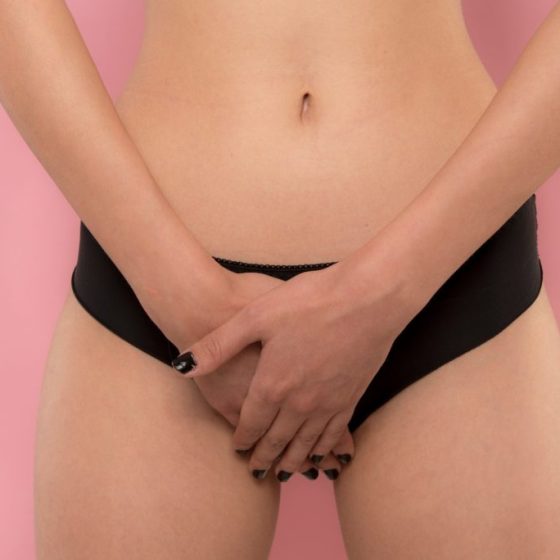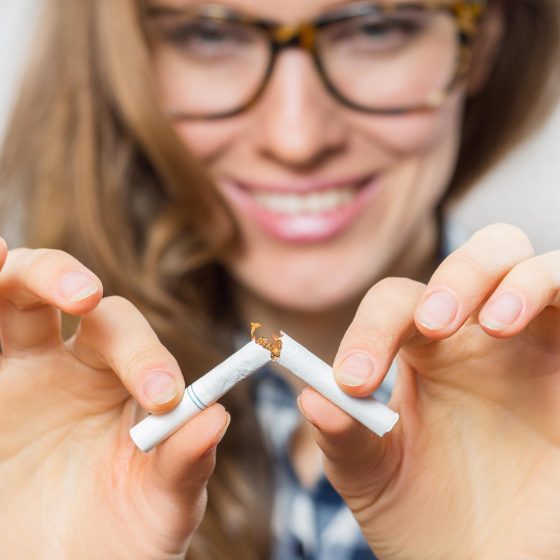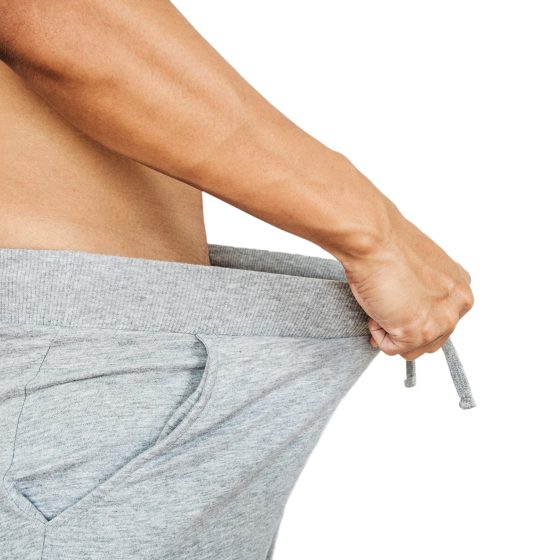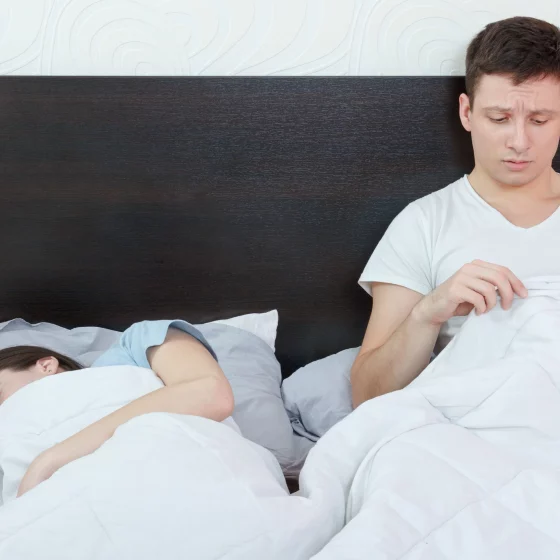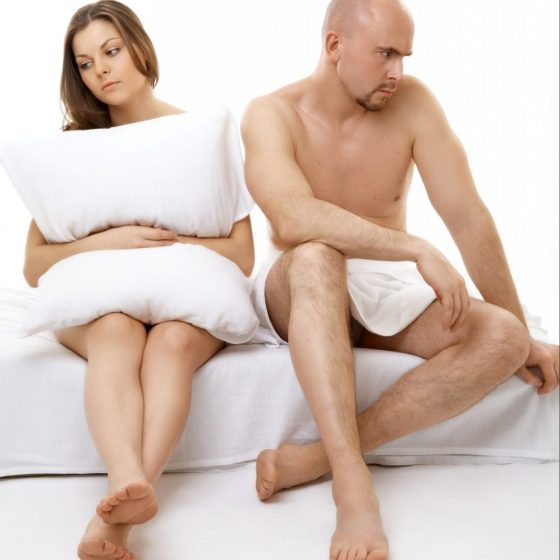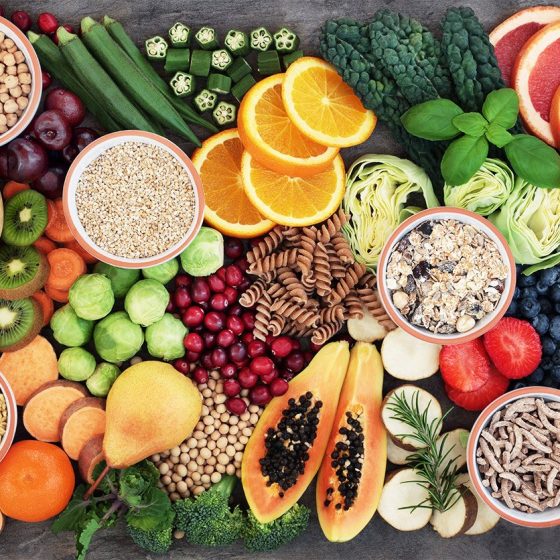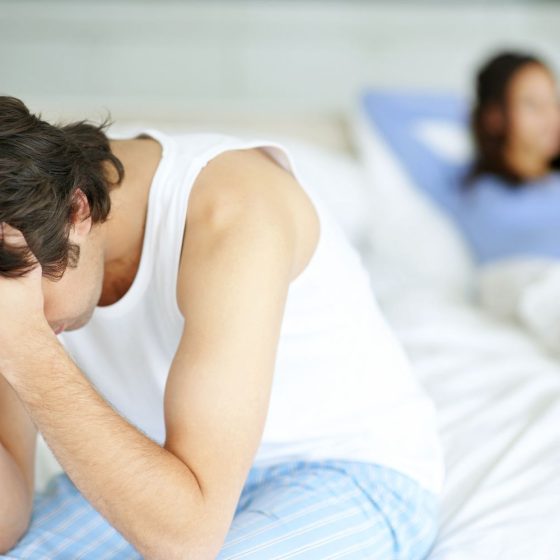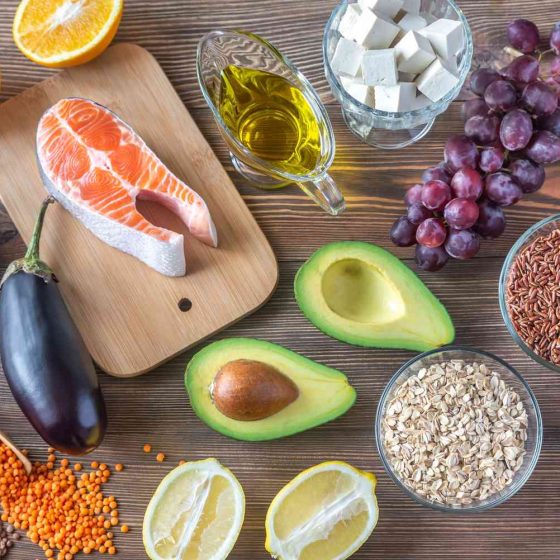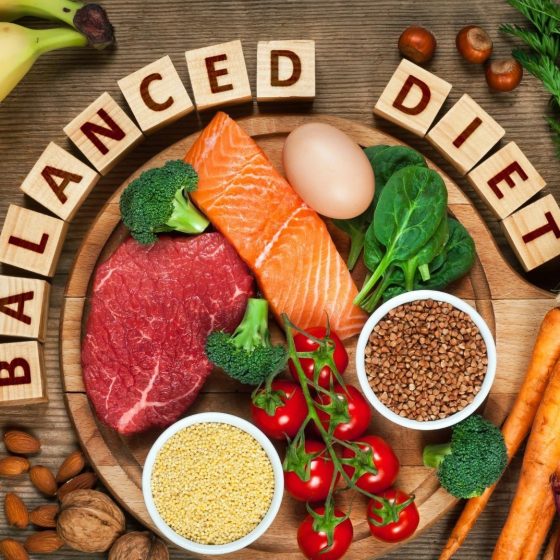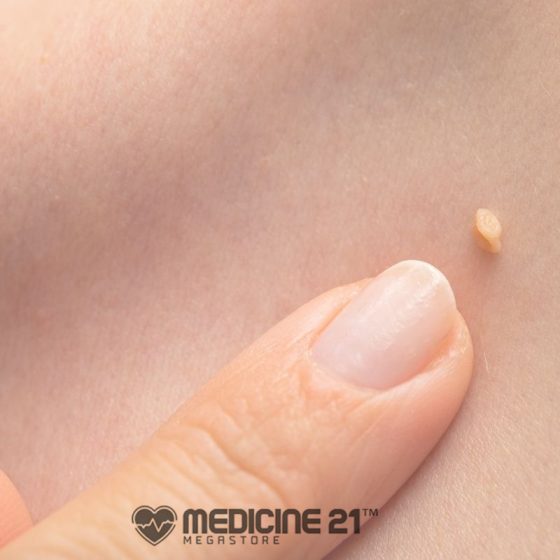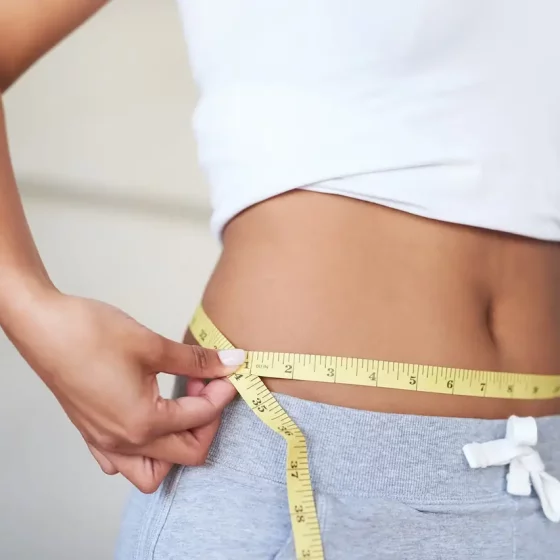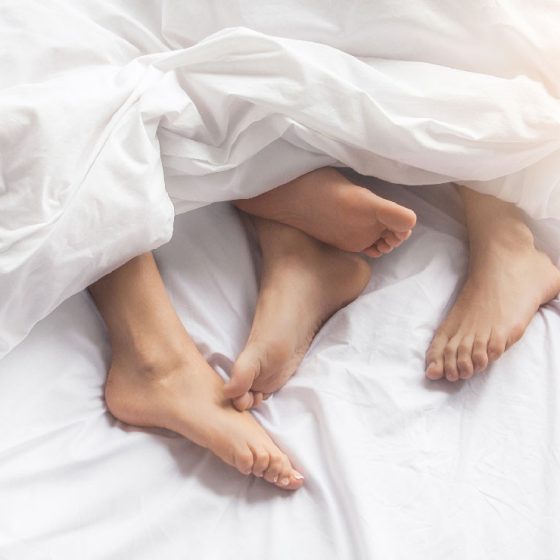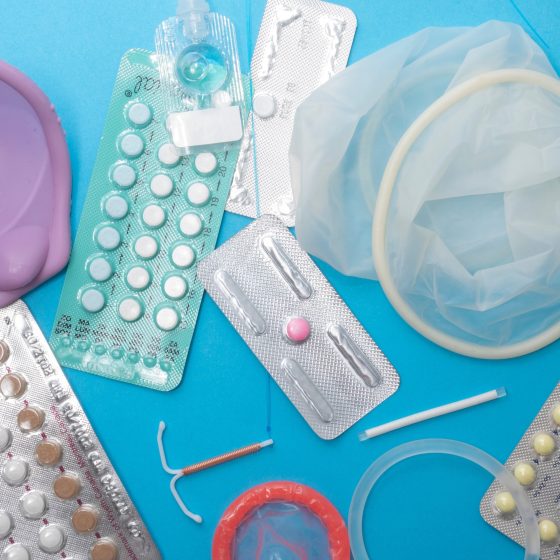Weight loss and dieting
What is a diet? A diet involves eating a certain selection of food, usually to improve your health, regulate your weight or cure a disease. New diets, programs and books on losing weight appear every day. While many Australians need to lose a few kilos, it’s important to follow an eating and exercise plan that you can maintain. The plan needs to help you stay healthy for the long term. Nearly 2 in 3 Australians are overweight or obese. Carrying extra weight increases your risk of chronic diseases like heart disease, stroke, type 2 diabetes and some cancers. If you


